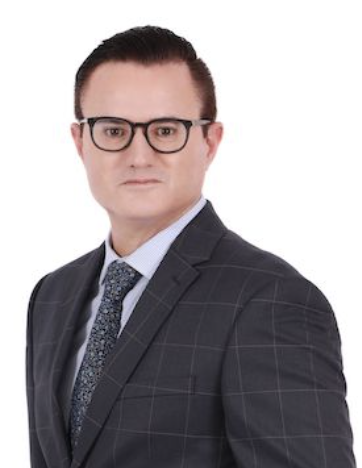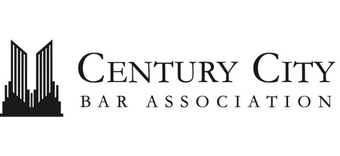Can I be Forced to Mediate my Trust Dispute in California?

By Stefan O’Grady, NM Law, APC
Whether clients have been disinherited by the undue influence of an unscrupulous sibling, or an elder person has fallen victim of financial elder abuse at the hands of a caregiver, clients want their “day in court!” This is an understandable reaction, especially in probate and trust litigation where emotions run high and the anger underlying many probate and trust disputes reaches back for decades. Clients often have no interest in discussing alternative forms of resolution, especially at the beginning of a case when emotions are at their most raw. This can result in uncomfortable conversations between probate and trust attorneys and their clients.
Do clients have a choice, however, whether they mediate their probate and trust disputes if ordered to do so by a probate court? After the 2021 ruling in the Breslin v. Breslin case, the answer to this question is “no.” The Breslin case involved the estate of Don Kirchner. Mr. Kirchner died leaving an estate valued between $3 million and $4 million. He had no surviving wife and children; his only surviving relatives were nieces and nephews.
Mr. Kirchner’s trust left three (3) $10,000.00 specific gifts, and he instructed that the residue of his trust estate be distributed to the persons and charitable organizations listed in exhibit A to his trust. There was a problem, however, as Mr. Kirchner’s trust was missing an exhibit A. Instead, the trustee found a document titled “Estate Charities (6/30/2017)” in the pocket of the binder in which Mr. Kirchner kept his trust. This document had handwritten notes next to a list of 24 charities that appeared to be the percentages of Mr. Kirchner’s trust estate he wanted to gift to each charity.
The trustee promptly filed a petition in the probate court to confirm these charities as the beneficiaries of Mr. Kirchner’s trust, and he provided notice of this hearing to each of the 24 charities. Only three (3) of the charities filed a response to the petition.
The probate court ordered the 24 charities and Mr. Kirchner’s nieces and nephews to mediate the dispute. Notice of the court-ordered mediation was sent to the 24 charities and the nieces and nephews and informed the parties that if they chose not to participate in the mediation, an agreement may be reached negatively impacting or eliminating their share of the distribution of Mr. Kirchner’s trust estate. Only five (5) of the listed charities participated in the mediation alongside Mr. Kirchner’s nieces and nephews. An agreement to distribute Mr. Kirchner’s trust estate was reached at the mediation; as expected, the agreement did not include the charities choosing not to participate in the mediation.
After the mediation, the trustee filed a petition to approve the settlement. The non-participating charities objected arguing that they had a right to a trial on the issue on whether they were beneficiaries of Mr. Kirchner’s trust. According to the non-participating charities, the probate court lacked the authority to refuse them their right to a trial simply because they chose not to participate in the mediation. The probate court disagreed and approved the settlement. The non-participating charities appealed the decision.
The appellate court agreed with the probate court. According to the appellate court, probate courts have the ultimate authority to establish their procedures, which includes the discretion to order parties to mediate cases as a perquisite to a right to a trial. According to the appellate court, the non-participating charities’ decision to ignore the probate court’s order to mediate acted as a waiver of their right to a trial.
The Breslin decision is a controversial one. Critics resent the fact that probate courts have unfettered authority to force parties to engage in expensive private mediations as a condition of their right to have their day in court. The fact, however, is that Breslin and cases like Breslin expanding the powers of California probate courts are the new norm. Proponents of Breslin argue that probate courts in California are overwhelmed and understaffed. Thus, according to Breslin’s proponents, a probate court’s authority to force parties to mediate cases or risk losing their rights to their day in court is necessary to reduce the number of cases on a probate court’s docket.
The lesson to learn from Breslin v. Breslin is an important one, while a probate court does not have the power to force you to resolve your case at mediation, it does have the power to force you to try. Thus, while a client may not want to mediate if ordered to do so by a probate court, refusing to do so may have very serious negative consequences especially if they have a viable claim to a portion or all of a probate or trust estate.
________________________________________
Stefan O’Grady is Senior Litigation Counsel at NM Law, APC. Stefan serves on the Board of Governors of the Century City Bar Association and is also Past-President.
